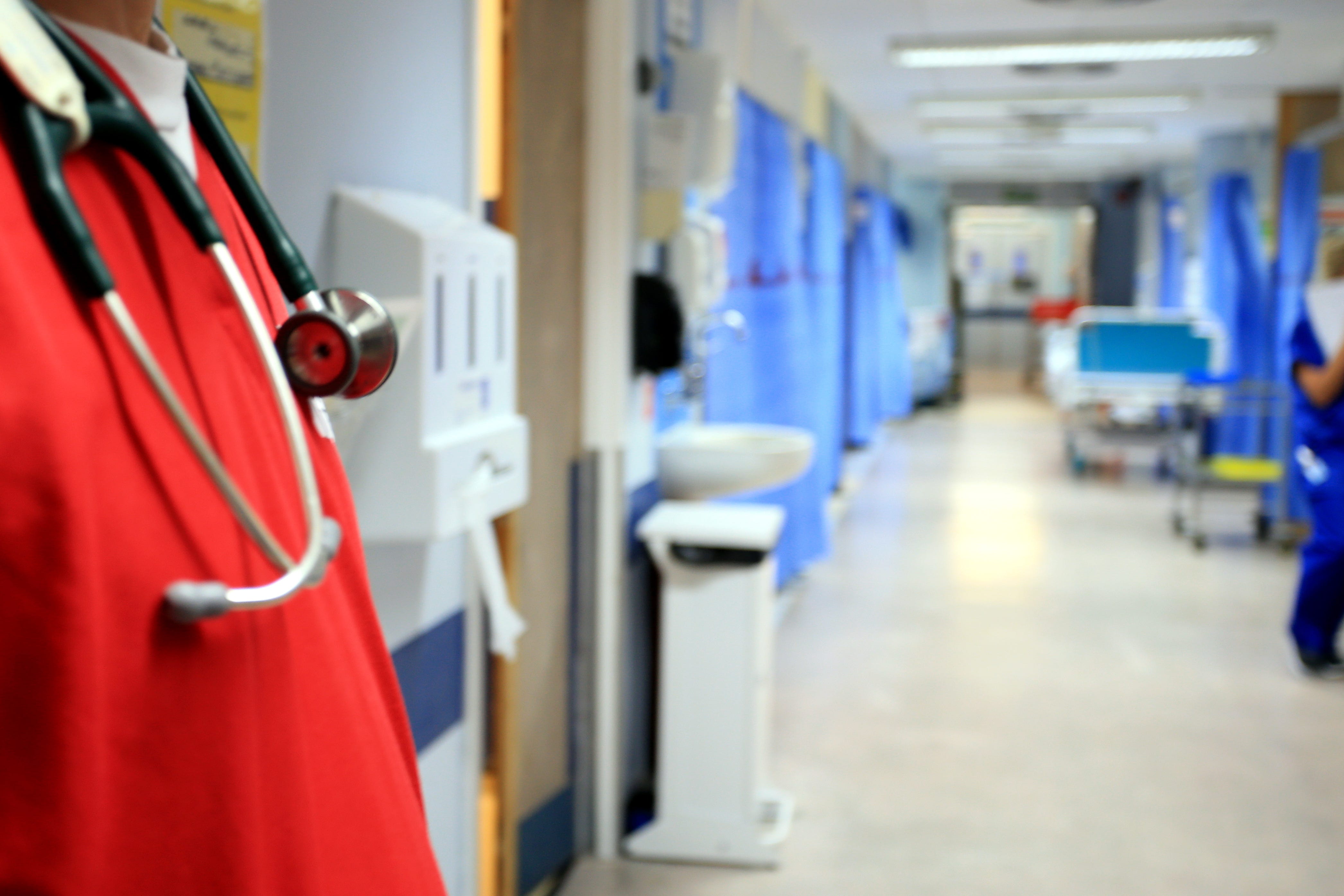Patient choice for care outside of hospitals to be expanded in new pilot scheme
Officials have announced plans to expand patient choice for out of hospital care.

Plans to expand the number of places that patients will be able to get care out of hospital have been hailed as the “largest expansion of choice in the NHS in a decade” by the Prime Minister.
New trials are to be set up to see whether patients in need of hearing aids, podiatry services and some diagnostic tests will benefit from being offered a choice of where they receive their care.
For hospital care including surgery, patients are already offered a number of choices on where they receive their care.
Today’s announcement represents the largest expansion of choice in the NHS in a decade.
Now officials want to expand this to some services patients need outside of hospital.
Patients will be given a choice between “multiple” providers, which could include NHS care, private providers or charity services.
The Department for Health and Social Care said that any service providing care will be “free at the point of use and at NHS costs and standards”.
The initiative is to be piloted in some parts of England in the autumn. If the trials are successful, the scheme will be rolled out across the country.
Ministers hope that the move will speed up treatment and improve quality of care.
But Unison said that “small-scale pilot schemes” are “no solution to the huge problems facing the NHS”.
Services which could be within scope for the pilot schemes include: hearing aid care; dietetics and nutrition; podiatry services and some diagnostic tests.
These diagnostic tests could include endoscopies and heart activity tests, which may not be covered by current patient choice for consultant-led hospital services.
“Today’s announcement represents the largest expansion of choice in the NHS in a decade,” said Rishi Sunak.
“From hearing aid care to mental health treatment and diagnostic tests such as endoscopy, our new approach will help speed up treatment, improve the quality of care and ensure that patients have more choice over where they receive treatment.
“Expanding choice will not only help get patients the care they need more quickly but is part of our plan to cut waiting lists.”
Health Secretary Victoria Atkins added: “Expanding patient choice will enable people to choose when, where and how they are treated – putting power in the hands of the patients.”
Sir James Mackey, national elective recovery director for NHS England, said: “Giving patients greater choice over where and how they receive their care is a vital part of NHS plans to recover and reform after the pandemic, with patients across the country already able to choose where they receive planned care including surgery, with information including waiting times at all providers to help patients make the best possible choice for them.
“Today’s announcement of a pilot to expand this type of model to some out of hospital services will give patients more control over the different types of care they need, with the aim of helping to improve waiting times and quality of care.”
National Voices welcomed the move to give patients more choice, but the organisation’s chief executive Jacob Lant added: “It is vital that services help patients understand these choices and promote the support they can offer with common barriers, such as transport costs.”
Louise Ansari, chief executive of Healthwatch England, added: “With the NHS grappling with high demand for care and long waiting lists, we look forward to seeing the potential difference these pilots could make.”
Helga Pile, head of health at the union Unison, said: “Small-scale pilot schemes and wishful thinking are no solution to the huge problems facing the NHS.
“It’s not possible to magic up the extra trained staff and equipment needed to plug the gaping holes in the healthcare system caused by more than a decade of under-investment.
“Giving the illusion of more choice is cold comfort to patients who’ve been waiting far too long for treatment. It’s just another attempt to deflect from the government’s catalogue of failure on the NHS. The public won’t be fooled.”
Labour’s shadow health secretary Wes Streeting said: “The last Labour government gave patients proper choice over their healthcare, while delivering the shortest waits in history. Under the Tories, patient choice is an illusion.
“After 14 years of Conservative governments running down the NHS, every part of the service is broken – a choice between waiting 17 months or 18 months for treatment is no choice at all.
“Rishi Sunak promised more patient choice last year, and only 643 patients across the NHS have benefited.
“Labour will cut waiting lists across the NHS, providing two million more evening and weekend appointments a year, paid for by clamping down on tax dodgers. We will give all patients real choice, not just a choice between a rock and a hard place.”
The Government also announced plans to publish more data on patient choice and appointment bookings after the Independent Patient Choice and Procurement Panel made a series of recommendations to help to remove the barriers to patients exercising choice. The PA news agency has requested a copy of the recommendations.
Bookmark popover
Removed from bookmarks